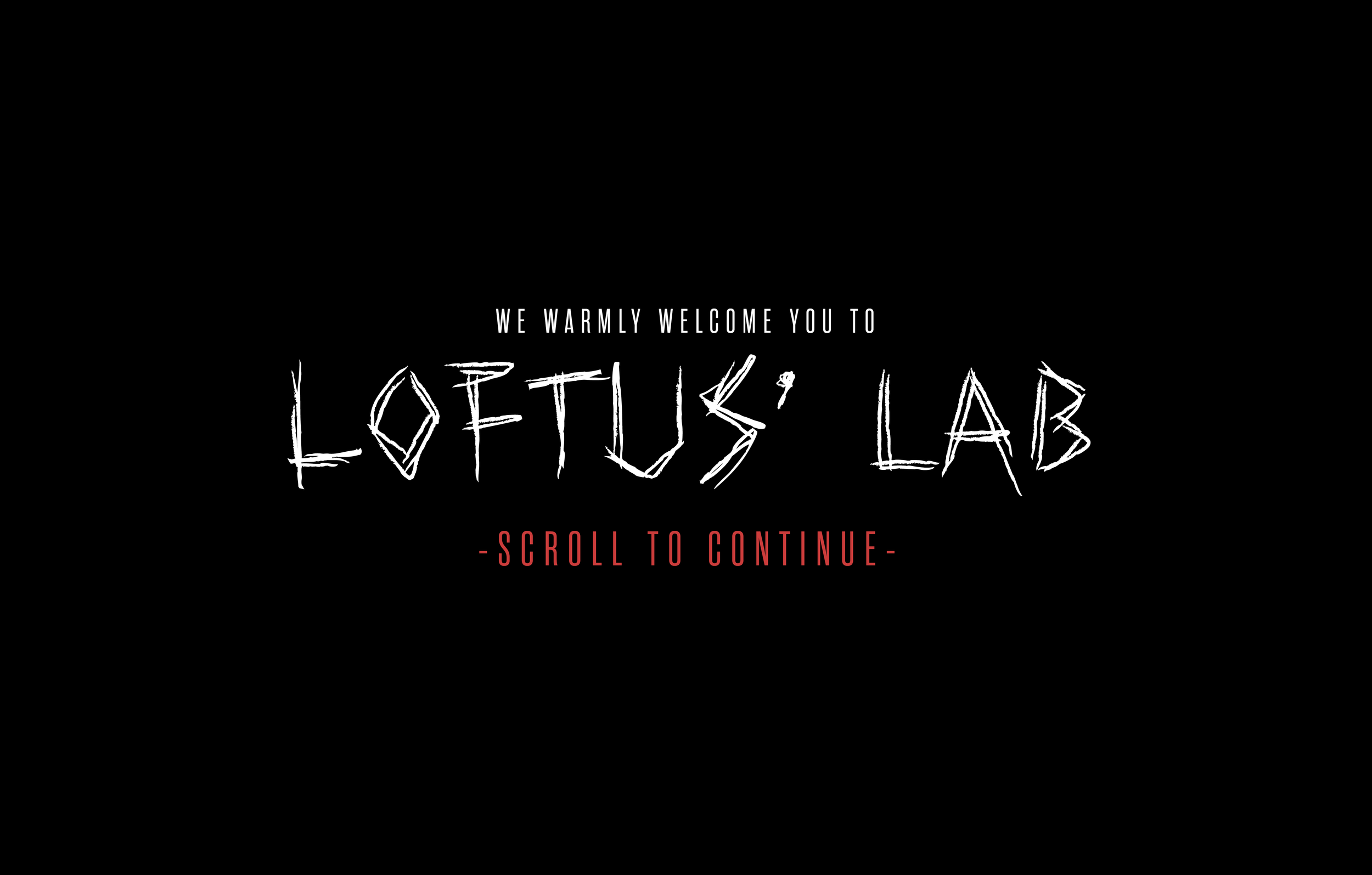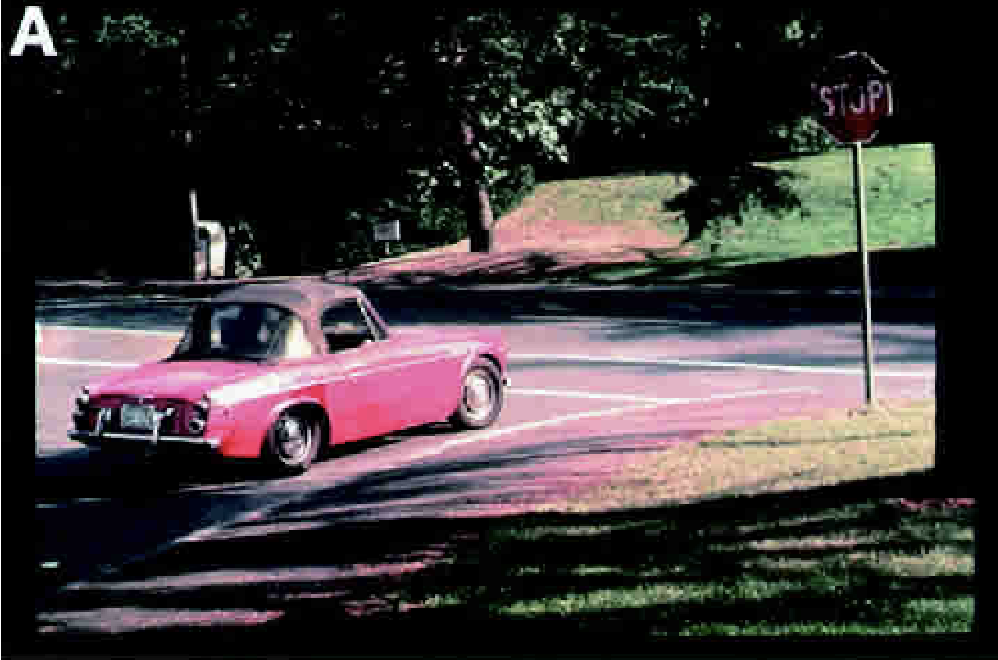
Title of Study : Eyewitness Testimony Experiment
Lead Researcher: Elizabeth Loftus
Date of Study: 1978
Core Theory: Memory Reconstruction
Study Icon: STOP & YIELD Sign
Loftus, Eyewitness Testimony Experiment
Loftus, Eyewitness Testimony Experiment
Summary: Loftus’ Eyewitness Testimony Experiment centered around the theory of Memory Reconstruction. Memory Reconstruction, with regards to Eyewitness Testimony, essentially indicates the fragility and unreliability of memory and eyewitness accounts.
Implications: In this study, Loftus demonstrated the dangers of misinformation by exposing participants to various forms of misinformation. In this particular study, subjects were first shown an image with a yield sign, but when shown the photo again, it had a stop sign. When participants were asked what was in fact the “correct” image, most reported that they had seen the stop sign first.
Limitations: The impact of misinformation varies on multiple dimensions, including form and time since the actual event. Loftus’ studies on eyewitness testimony are incredibly extensive, and she has illustrated that memory can be impacted by something as small as the type of verb used. You don’t have to just see something to have your memory altered, but this doesn’t mean you should completely discount the wonders of human memory.
A NOTE TO SELF:
Always remember that you cannot count on memory when coming to any type of conclusion, whether that be in a personal or legal sense. Eyewitness testimonies have accounted for nearly half of all wrongful convictions in the United States, so think twice before you rely entirely on your memory!
Source
Lindsay, D.S. “Misinformation Effect.” Misinformation Effect - an Overview | ScienceDirect Topics, https://www.sciencedirect.com/topics/agricultural-and-biological-sciences/misinformation-effect#:~:text=of%20this%20writing.-,Loftus%20et%20al.,for%20the%20initially%20witnessed%20details.


